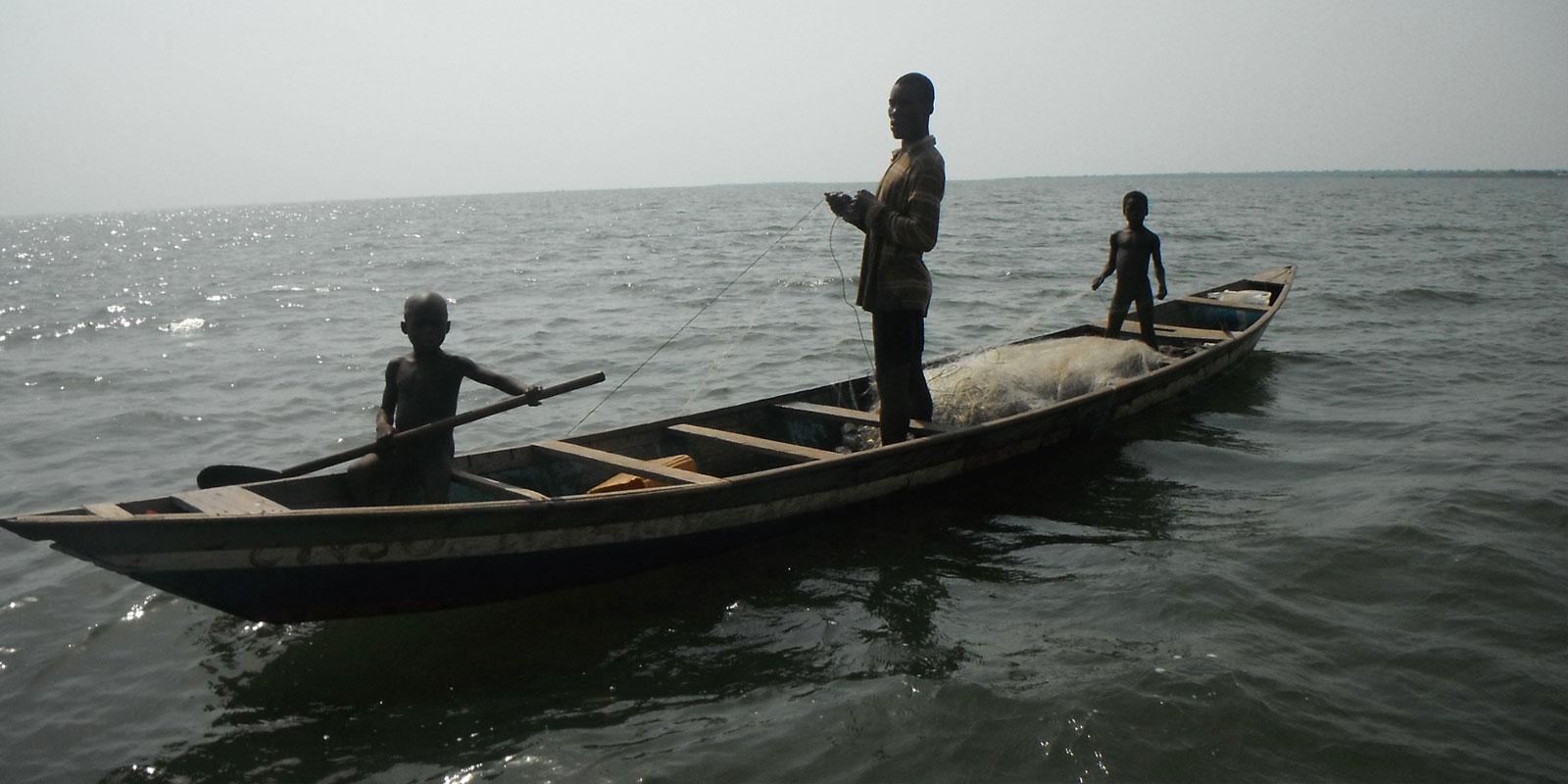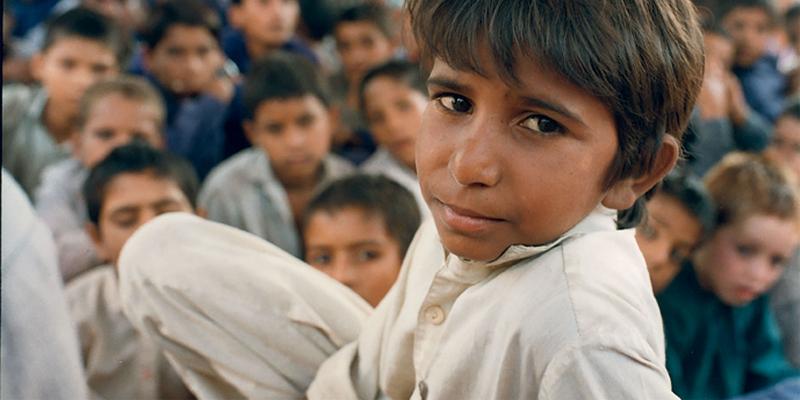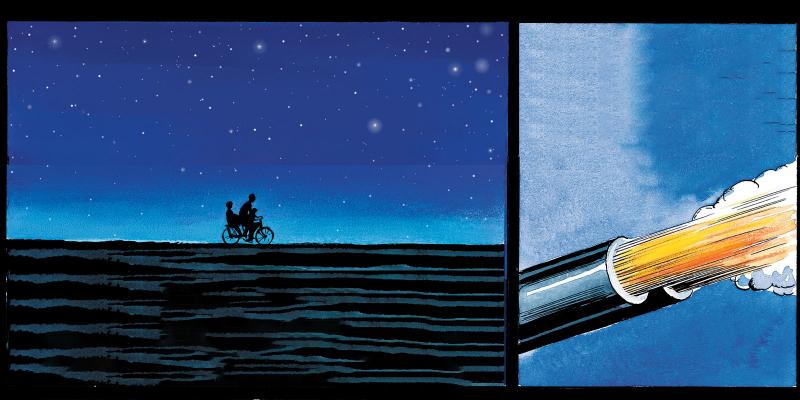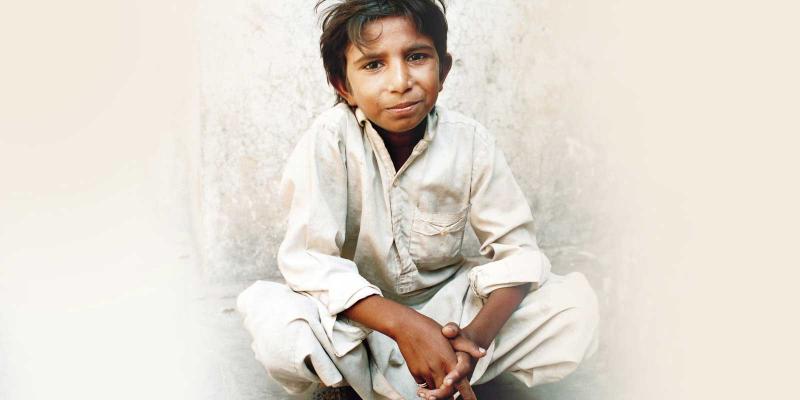
Every child has the right to be protected from economic exploitation and work that is hazardous to their health or that prevents them from going to school. All work is prohibited for children under 12. Still, millions of children are forced to work.
It is estimated today that 152 million children are engaged in child labour around the world, and that half of them, 72 million, work under hazardous conditions. This means that the work they do is very harmful to their safety, health, and development. Some 5,5 million children are estimated to be doing the worst forms of child labour, as bonded labour/debt slaves, soldiers, or in commercial sexual exploitation /CSEC). Every year, 1.2 million children are estimated to be trafficked, either within their own country or to other countries.

Modern Day slavery is defined as working under slave-like condition, i.e. in a situation where the employer has so much power over the child that they can’t leave or refuse to do the work. In Pakistan, like most other countries around the world, there are laws that ban both debt slavery and child labour in general. However, these laws are not always enforced. In addition, all countries, except the United States have ratified the UN Convention on the Rights of the Child, and are supposed to protect their children from having to carry out work that is harmful to them. IN reality, many children are exploited in slave-like conditions.
Related stories
Långgatan 13, 647 30, Mariefred, Sweden
Phone: +46-159-129 00 info@worldschildrensprize.org
© 2020 World’s Children’s Prize Foundation. All rights reserved. WORLD'S CHILDREN'S PRIZE®, the Foundation's logo, WORLD'S CHILDREN'S PRIZE FOR THE RIGHTS OF THE CHILD®, WORLD'S CHILDREN'S PARLIAMENT®, WORLD'S CHILDREN'S OMBUDSMAN®, WORLD'S CHILDREN'S PRESS CONFERENCE® and YOU ME EQUAL RIGHTS are service marks of the Foundation.





